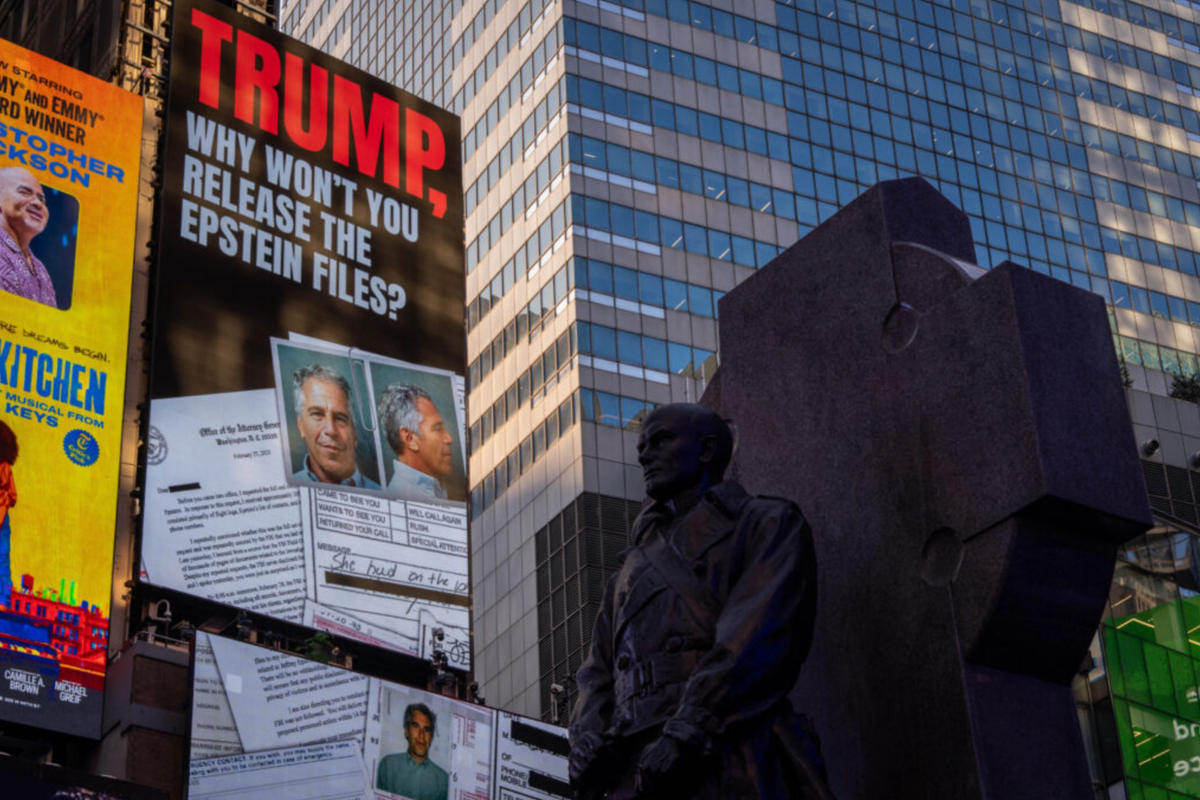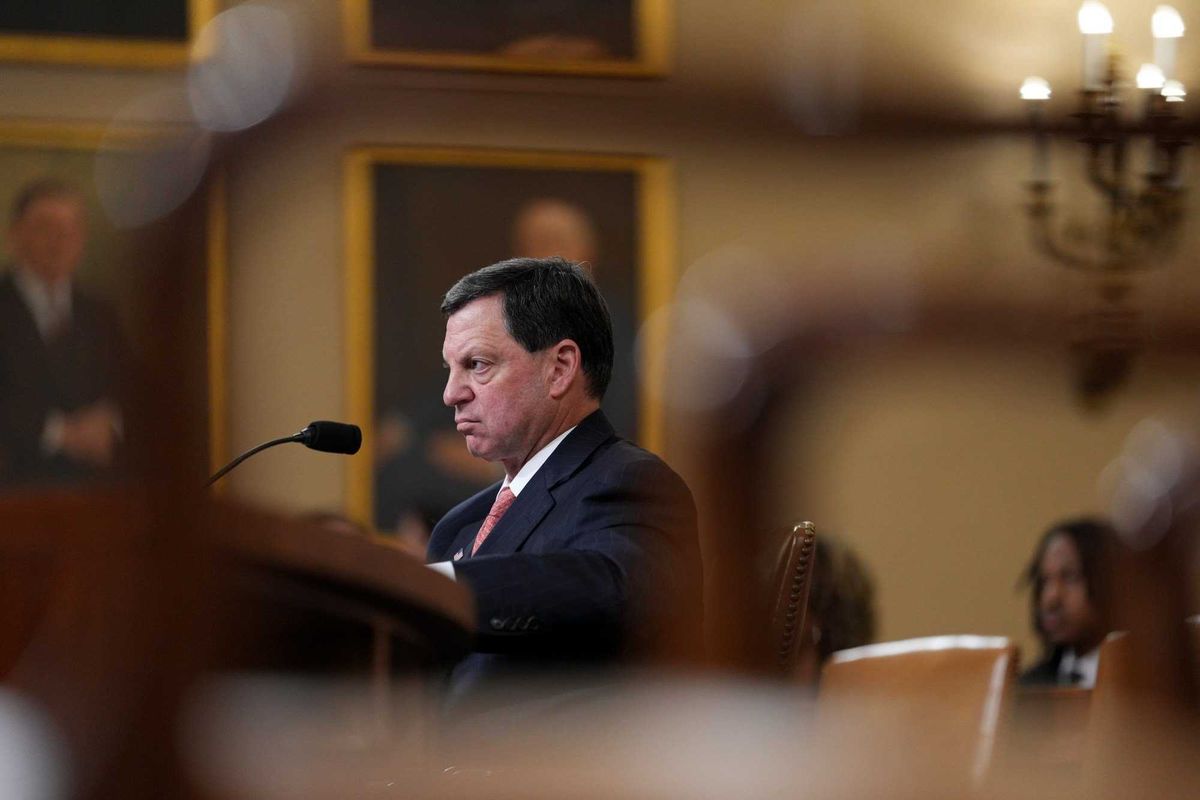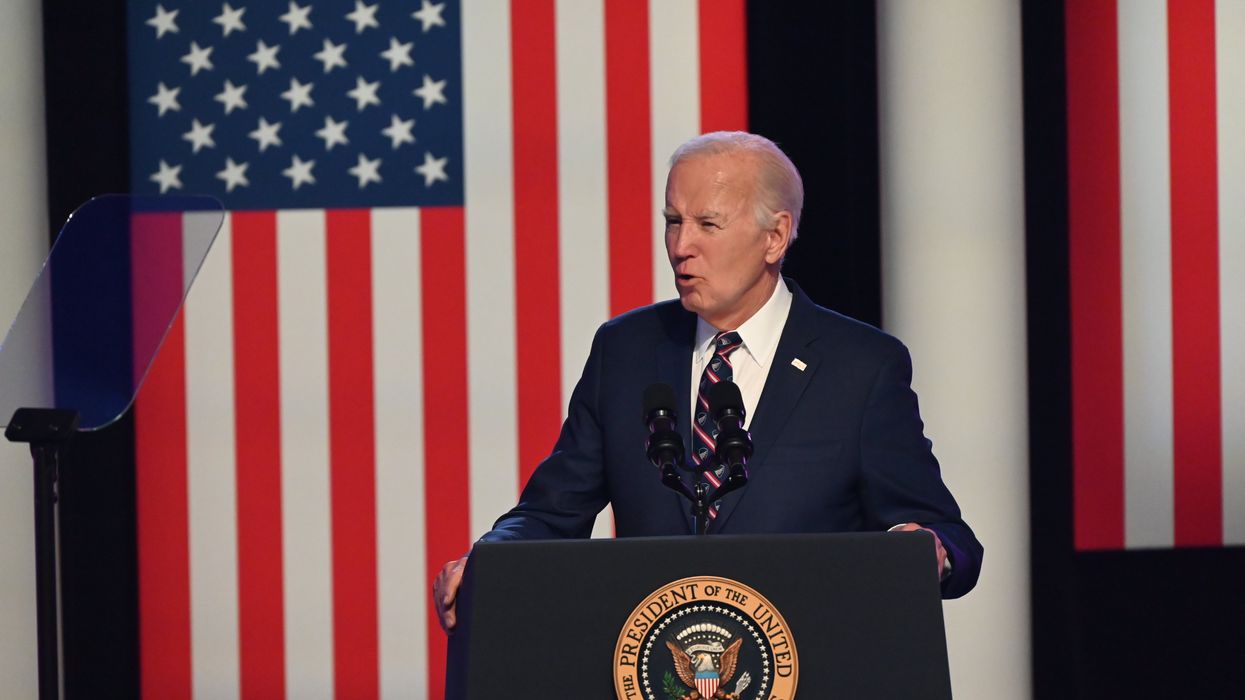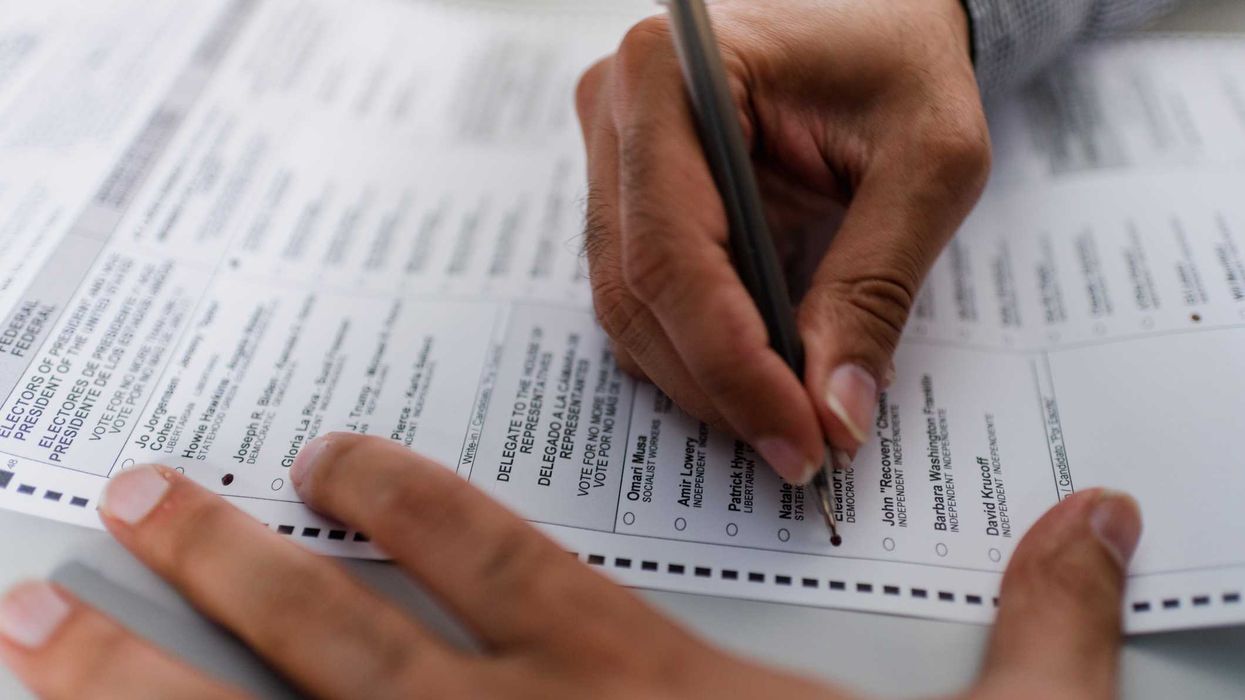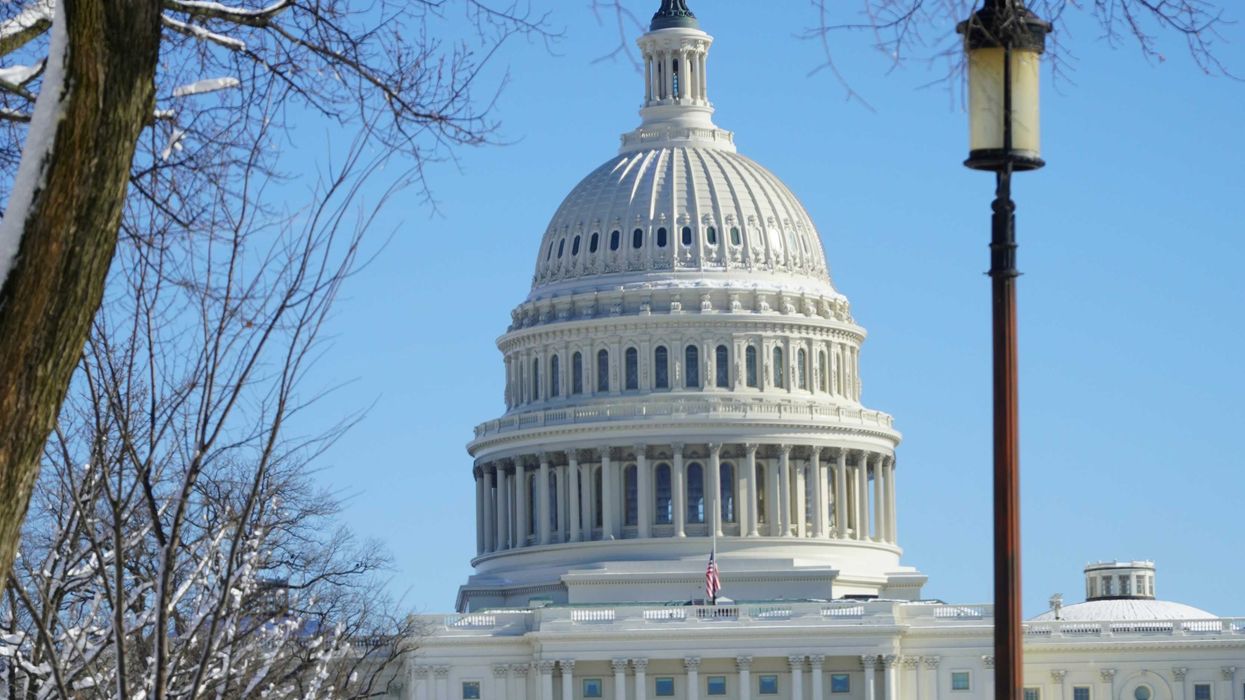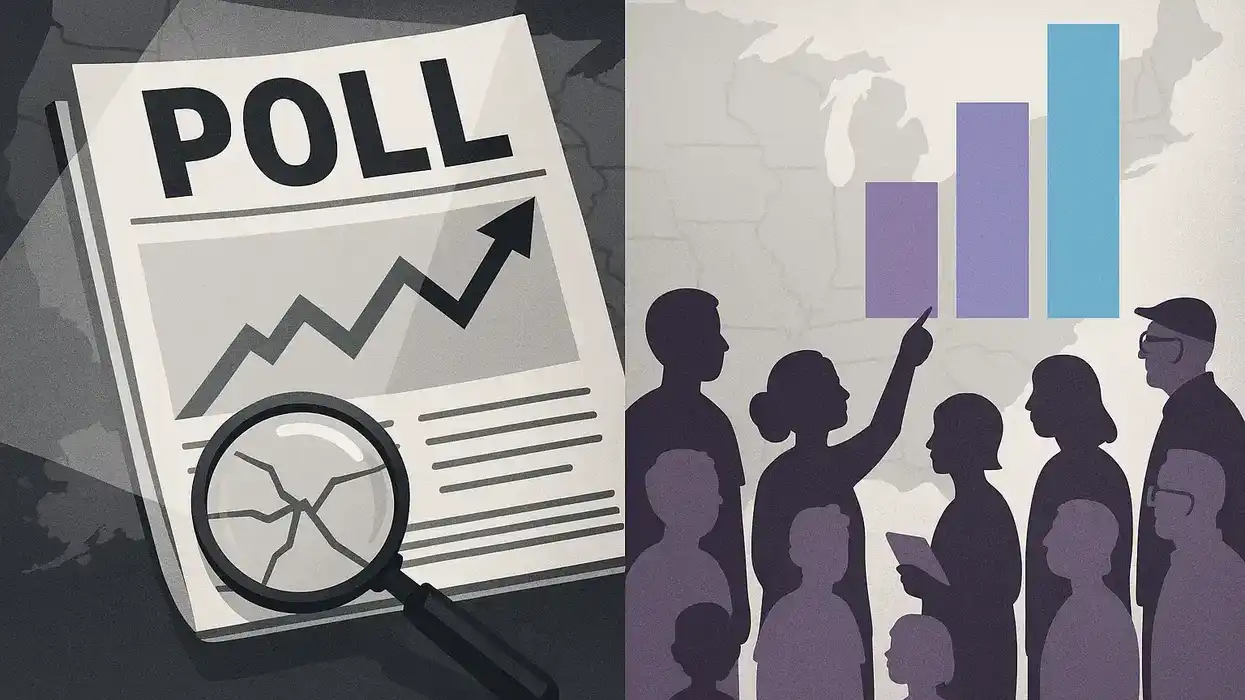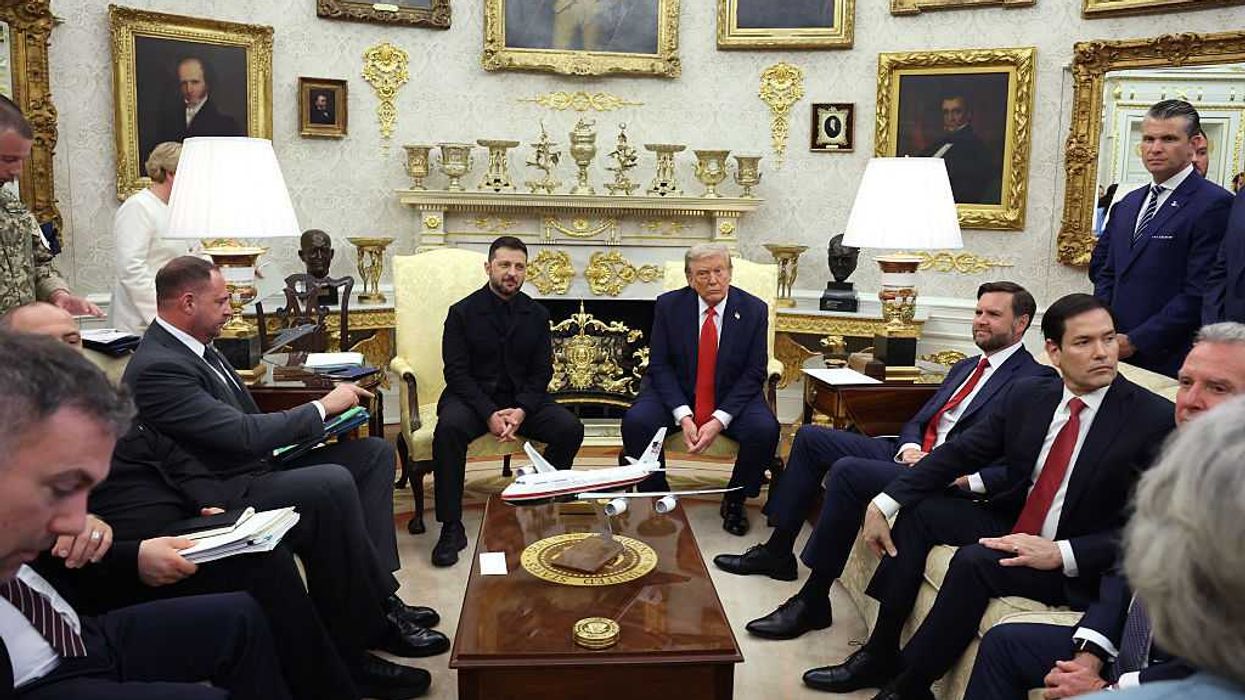Rosenfeld is the editor and chief correspondent of Voting Booth, a project of the Independent Media Institute.
Three years after the Capitol riot, President Joe Biden headed to Valley Forge, Pa., where George Washington’s army endured a bitter winter before turning the tide in the Revolutionary War. Biden delivered a campaign speech that cited the founders’ collective resolve, as a not-so-subtle comment on our polarized era. He did not mention that these same men soon split into nasty and divisive factions that became America’s first political tribes and parties.
Smears and lies abounded. Loyalties were attacked. Vengeance was pledged. Sound familiar? Barbs were hurled by men who today are lionized as America’s founders. If you want details, read Ron Chernow’s “Alexander Hamilton.” Today’s polarizing splits — rural red vs. versus urban blue, federal vs. state, stoking or fearing mobs — are in our political DNA.
And so, it is no surprise on this infamous anniversary the latest brief from Donald Trump’s lawyers arguing that he can’t be prosecuted for any actions while president cited an authorless “ summary ” of long-debunked 2020 election grievances. The Washington Post spotted the footnoted document and refuted its allegations. However, the newspaper’s latest poll also found that Trump loyalists, now a third of the GOP, believe these myths more than ever.
Such is the season before us. There was more disturbing propagandizing this week. In Georgia, a federal judge found a right-wing voter vigilante squad, True the Vote, did not violate the Voting Rights Act when it challenged the credentials of 364,000 voters in 2020. (The judge wrote the allegations “ utterly lacked reliability,” but found they did not harm voters. Instead, they wasted untold hours of election workers’ time, as the workers ended up verifying most voters’ credentials.)
As 2024 begins, election facts are still losing ground to fictions, or to fantasy-filled narratives and vanities. The question is: What can be done to elevate public trust? The 2020 election and elections in every year since have been almost entirely free of errors that would have altered the legitimate results. But these days, the most fervent partisans are not thinking about the facts. Not when triumphant tribalism beckons.
“This [court] victory is a testament to every American's constitutional right to free speech and the importance of actively participating in the electoral process,” True the Vote’s press release proclaimed. That assertion handily overlooked the fact that the Texas-based group sought to block 360,000 Georgians from casting ballots — votes that altered the U.S. Senate majority.
The Democrats and their allies who sued lamented the decision. But their comments ducked the key question of whether their lawsuit was misconceived: It focused on harming voters, not election operations. As the Post’s poll showed, 2020’s false narratives have staying power. And now a group targeting voters and election workers feels newly empowered in a swing state.
What can conscientious citizens do? One answer, for those of us who know that American history has seen an evolution in the primacy of facts, science, law and democratic norms, is to arm oneself with more knowledge of how voting works and elections are run. Most people, of course, don’t want homework like this. But how else can trust in elections be rebuilt?
This column, Restoring Trust in Elections, will be a regular feature in The Fulcrum. It will delve into the nuts and bolts of how elections are run as claims, counterclaims, real and fake issues arise. We will highlight what is and isn’t reliable. We will say why. Our hope in describing these details is that more voters can know what they are seeing at voting sites, understand that the process is professionally managed, and trust its checks and balances – and outcome.
Whether or not you like Trump, what does it tell you when his lawyers cite documents in Supreme Court filings that contain known falsehoods? What does it say when liberals file suits that fail because they overreach, allowing voting vigilantes to celebrate their thuggery? Stay tuned. Trust in elections may be fragile. But it can be revived with clear thinking and civic knowledge.
